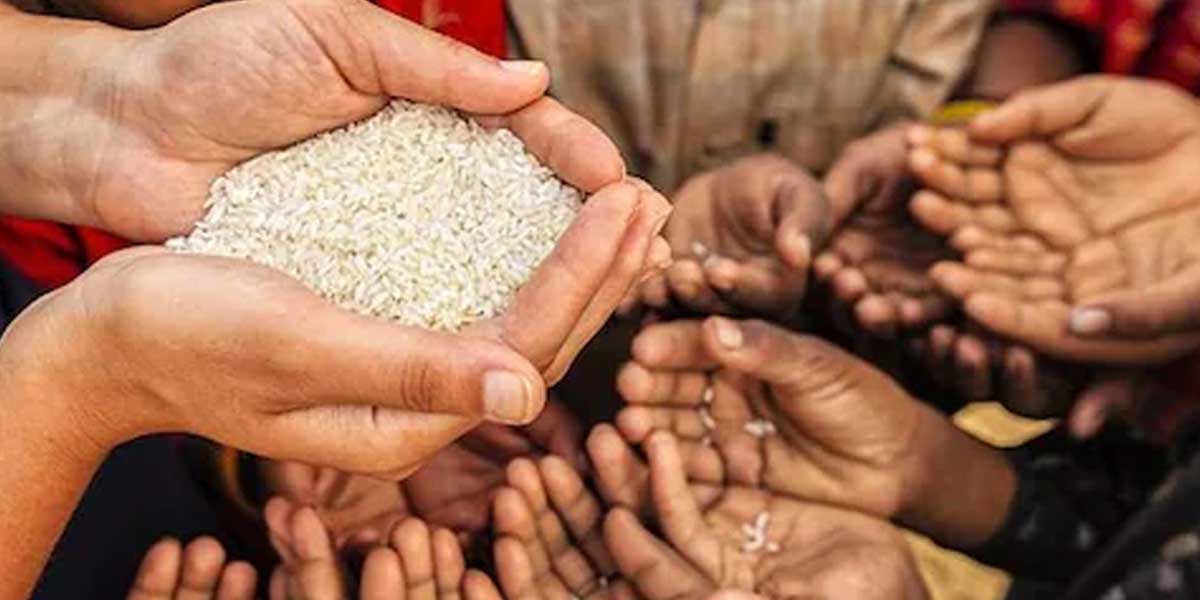Every year on May 28th, World starvation Day is observed to raise awareness about the more than 820 million people suffering from chronic starvation and to encourage action to end it. Since the beginning of the world, a significant portion of the human population has endured from hunger. Hunger is a condition in which a person lacks the physical or financial means to satisfy his or her nutritional requirements. It brings about malnutrition, wasting, stunted development, and mortality. According to The Hunger Project, hunger kills more people than AIDS, malaria, and tuberculosis combined, and its prevalence is predominantly in Africa and South America.
The background of World Hunger Day
Hunger has plagued humanity since the beginning of recorded history, but so has the fight against it. According to the philosopher Simone Weil, individuals have always collaborated to feed the famished. In ancient Egypt, individuals aided the famished to earn merit in the afterlife. Also, Weil asserts that before the advent of markets, human societies shared their food to avoid starvation or chose to suffer together. Prior to the nineteenth century, religious organisations and philanthropic individuals typically lead efforts to alleviate hunger. In the late 19th and early 20th centuries, there was an increase in calls for government involvement in famine relief, particularly global anti-hunger efforts. During and immediately following World War I, the United States government shipped millions of tonnes of food to European nations.
After World War II, the newly founded United Nations took the lead in fighting hunger. After its founding, the United Nations established FAO, WFP, and IFAD to promote food security and agricultural development. Late in the 1970s, international organisations such as the IMF and the World Bank began concentrating on developing nations, as starvation in nations such as Ethiopia came to the forefront of international attention. In the 20th century, it was widely believed that starvation was caused by demand exceeding supply. The research of economist Amartya Sen, who successfully demonstrated that starvation in modern times was a distribution problem or the result of government policies in developed and developing economies, put an end to this notion. Sen was awarded the Nobel Prize for this research in 1998.
The Hunger Project established World Hunger Day in 2011. The purpose of the day is to draw attention to the plight of disadvantaged people throughout the world and to encourage action to end world famine.
National Flag Day in the Philippines 2023: Date, History, Facts, Activities
Whit Sunday 2023: Date, History, Facts about Whit Sunday
Slugs Return From Capistrano Day 2023: Date, History, Facts, Activities
5 IMPORTANT FACTS REGARDING HUNGER
Each year, seventeen million infants are born malnourished because their mothers are also malnourished.
Every night, approximately 805 million people go to bed malnourished or famished.
The world’s food production is sufficient to sustain all seven billion inhabitants.
In recent years, economic growth in India has increased, but approximately 14% of its population remains undernourished.
Approximately 98% of global starvation is concentrated in developing nations.
WORLD HUNGER DAY DATES
| Year | Date | Day |
|---|---|---|
| 2023 | May 28 | Sunday |
| 2024 | May 28 | Tuesday |
| 2025 | May 28 | Wednesday |
| 2026 | May 28 | Thursday |
| 2027 | May 28 | Friday |



